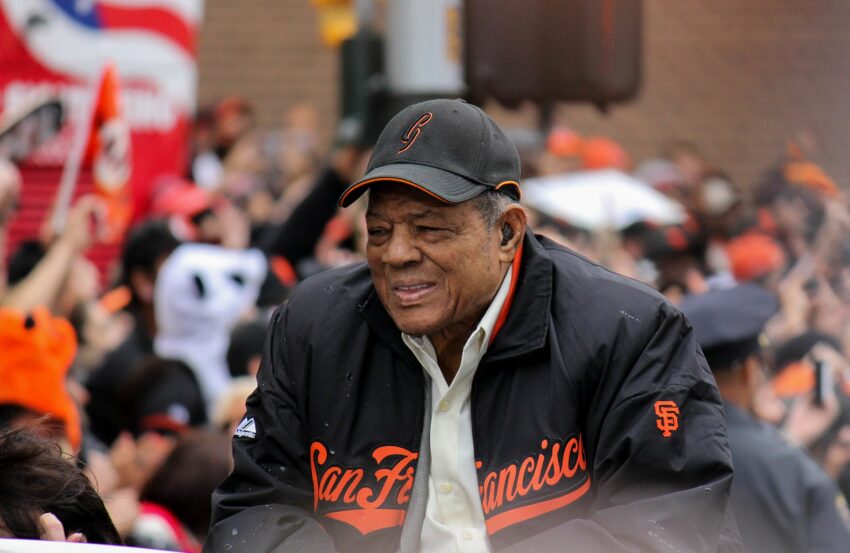Willie Mays, the Hall of Fame outfielder whose electric talent and enduring charisma helped him become one of baseball’s most adored and influential players, died on Tuesday at his home in Atherton, California. He was 93.
The death was confirmed by his relatives.
Willie Howard Mays Jr. was born on May 6, 1931, in Westfield, Alabama, and he quickly established himself as a remarkable talent. His mother, Annie Satterwhite, a great basketball player, and his father, Willie Mays Sr., a semi-professional ballplayer, introduced him to baseball.
Mays quickly rose through the Negro league ranks, making his professional debut with the Birmingham Black Barons at the age of 16.
Mays’ Major League Baseball career began in 1951, when he joined with the New York Giants.
24-time All-Star, 12-time Gold Glover, 2-time MVP, World Series champion, Hall of Famer.
MLB Network mourns the passing of one of our game’s most iconic figures, Willie Mays. pic.twitter.com/gQLCnbm2lN
— MLB Network (@MLBNetwork) June 19, 2024
His impact was instantaneous and significant. Mays compiled a résumé over 22 seasons, primarily with the Giants in New York and subsequently San Francisco, that placed him among the all-time greats. He finished his career with 660 home runs, 3,283 hits, and a.302 career batting average.
Mays, nicknamed the “Say Hey Kid,” was revered not only for his offensive prowess but also for his exceptional defensive abilities. His most memorable moment occurred in the 1954 World Series, when he made “The Catch,” a stunning over-the-shoulder catch at the Polo Grounds that is still one of the most renowned plays in baseball history.
Mays’ achievements went beyond numbers.
He was a two-time MVP, a 24-time All-Star, and received 12 Gold Glove Awards.
His mix of strength, speed, and defensive ability established a new standard for the game, and his inexhaustible passion and flair for the spectacular won him over fans of all ages.
After retiring in 1973, Mays remained an influential figure in the game as a coach, mentor, and ambassador.
He was elected to the Baseball Hall of Fame in 1979, his first year of eligibility. Beyond baseball, Mays received the Presidential Medal of Freedom in 2015 for his contributions to sports and society.
Mays encountered numerous hurdles throughout his life and career, including racial segregation in his early years and the pressures of being a high-profile African American athlete during the civil rights movement.
Nonetheless, his tenacity and grace under pressure made him a symbol of greatness and endurance.
He leaves behind his son, Michael, as well as a legacy that extends beyond sports. Willie Mays’ contributions to the game are enormous, and his spirit will continue to inspire future generations of players and fans alike.
[READ MORE: Country Star’s Home Catches Fire]

